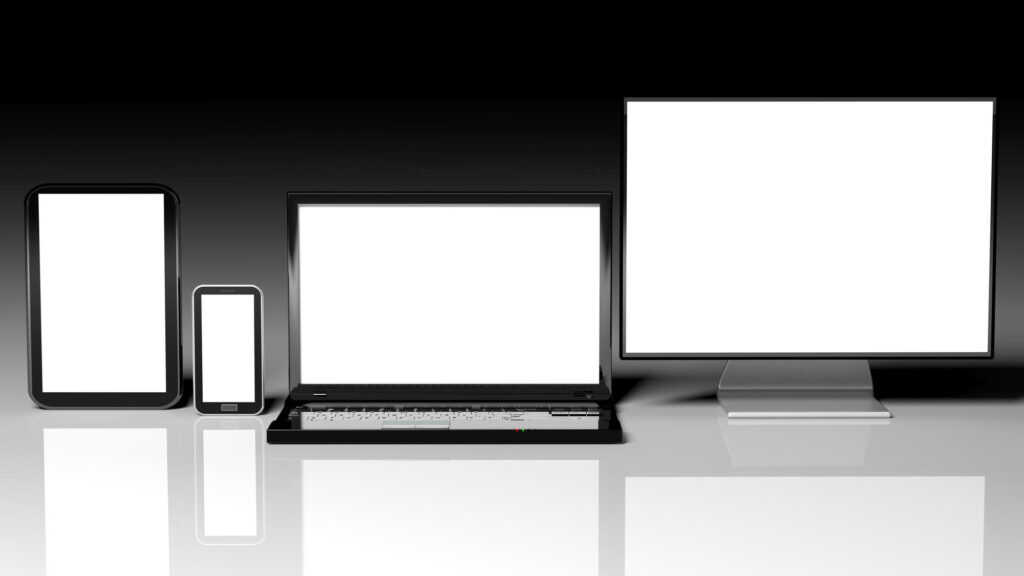How Smart Devices Are Changing Pool Service Management
Discover how smart devices are revolutionizing pool service management, enhancing efficiency, and improving customer satisfaction in the industry.
In the ever-evolving landscape of technology, smart devices have emerged as pivotal tools that are influencing various industries, including pool service management. These devices are enhancing operational efficiency, streamlining communication, and providing valuable data insights that are transforming how pool service providers operate. In this blog post, we will explore the significant ways in which smart devices are changing the pool service management industry, featuring innovative solutions, real-world examples, and the benefits they bring to both service providers and customers alike.
The Rise of Smart Devices in Pool Maintenance
– The integration of smart devices in pool maintenance has gained momentum over the past few years. Smart sensors and automation tools are becoming commonplace, offering a range of features that were once unimaginable in traditional pool care. For instance, smart water quality sensors can continuously monitor chemical levels, ensuring optimal water conditions without the need for manual testing.- According to a report by the Pool and Spa Association, the adoption of smart pool technology has increased by over 25% in the last three years, demonstrating a growing industry trend. These devices not only reduce the time spent on manual checks but also minimize chemical usage, resulting in cost savings and a healthier pool environment.- Real-world examples include automated pool cleaning systems that can be programmed remotely to operate at specific times, ensuring that pools are always clean and inviting. This technology allows service providers to manage multiple accounts efficiently, reducing the workload traditionally associated with manual maintenance.
Enhancing Customer Experience Through Technology
– One of the most critical aspects of pool service management is customer satisfaction. Smart devices can significantly enhance the customer experience by providing real-time updates and insights. For instance, pool owners can receive alerts on their smartphones regarding water quality issues, maintenance schedules, or upcoming service visits.- By utilizing customer relationship management (CRM) software integrated with smart devices, pool service companies can better understand their clients’ preferences and service histories. This enables personalized communication, ensuring that clients feel valued and informed. For example, a service provider can send notifications about when the service technician is en route, improving transparency and trust.- Statistics suggest that 70% of customers prefer service providers who use technology to enhance communication. By adopting smart devices and CRM systems, pool service companies can align with customer expectations and improve their satisfaction rates.
Data-Driven Decision Making in Pool Service
– The use of smart devices in pool service management allows companies to collect and analyze data effectively. This data-driven approach facilitates better decision-making and operational efficiencies. For instance, smart sensors can provide information about water usage patterns, chemical consumption, and equipment performance.- By analyzing this data, service providers can identify trends and make informed decisions about maintenance schedules, resource allocation, and service delivery. For example, if data indicates a spike in chemical usage, the service provider can proactively investigate and address potential underlying issues, such as leaks or equipment malfunctions.- Moreover, having access to operational data allows for predictive maintenance. This means service providers can anticipate when a piece of equipment is likely to fail and perform maintenance before any major issues arise. This proactive approach not only reduces downtime but also extends the lifespan of the equipment, ultimately leading to cost savings.
Streamlining Operations with Automation
– Automation is another area where smart devices are making a significant impact on pool service management. Automated scheduling tools can simplify the process of assigning jobs to technicians based on location, availability, and skill set. This ensures that the right technician is dispatched to the right job at the right time.- Additionally, automated billing systems can streamline payment processes, reducing the administrative burden on service providers. Clients can receive invoices electronically and make payments online, enhancing convenience for both parties.- According to research, companies that have adopted automation report a 30% increase in operational efficiency. This efficiency not only saves time but also allows pool service providers to focus on growing their business rather than getting bogged down in administrative tasks.
Case Study: A Success Story in Pool Service Management
– To illustrate the transformative impact of smart devices, consider the case of Superior Pool Routes, a company that specializes in providing established customer accounts for pool service providers. By integrating smart technology into their operations, they have seen remarkable improvements in service delivery and customer satisfaction.- With the introduction of smart water quality monitors and automated scheduling software, Superior Pool Routes has been able to reduce service times by 40%. Technicians can focus more on their core responsibilities rather than manual checks, resulting in quicker turnaround times for clients.- Furthermore, the use of CRM tools has enhanced client communication. Customers now receive automated reminders about upcoming services, and they have access to a portal where they can view service history and schedule changes. This transparency has led to an increase in customer retention and referrals.
Best Practices for Implementing Smart Technology
– For pool service providers looking to embrace smart devices, several best practices can guide the implementation process:1. Evaluate Needs: Assess the specific needs of your business and identify the areas where smart technology can enhance efficiency. Whether it’s improving communication, monitoring water quality, or automating scheduling, understanding your unique requirements is crucial.2. Choose the Right Tools: Research and select smart devices and software solutions that align with your operational goals. Consider factors such as user-friendliness, integration capabilities, and customer support.3. Train Your Team: Provide thorough training for your staff on how to effectively use the new technology. Ensuring that your team is comfortable with the tools will maximize their potential and lead to a smoother transition.4. Monitor Performance: Continuously monitor the performance of the smart devices and software. Collect feedback from your team and customers to identify areas for improvement and make necessary adjustments.5. Stay Updated: The technology landscape is constantly evolving, so it’s essential to stay informed about the latest advancements in smart devices for pool service management. This will help your business remain competitive and responsive to customer needs.
Conclusion
– The impact of smart devices on pool service management is profound, offering numerous benefits that enhance operational efficiency and customer satisfaction. From automated scheduling to real-time water quality monitoring, these technologies are revolutionizing how pool service providers operate.- As the industry continues to evolve, embracing smart technology will be essential for those looking to stay ahead of the competition. With the right tools and strategies in place, pool service providers can streamline their operations, improve communication, and ultimately deliver exceptional service to their clients.- If you’re interested in exploring opportunities in the pool service industry, consider checking out
Pool Routes For Sale or reach out to
Superior Pool Routes for more information. The future of pool service management is brighter than ever, and the integration of smart devices is paving the way for a more efficient and customer-focused industry.



